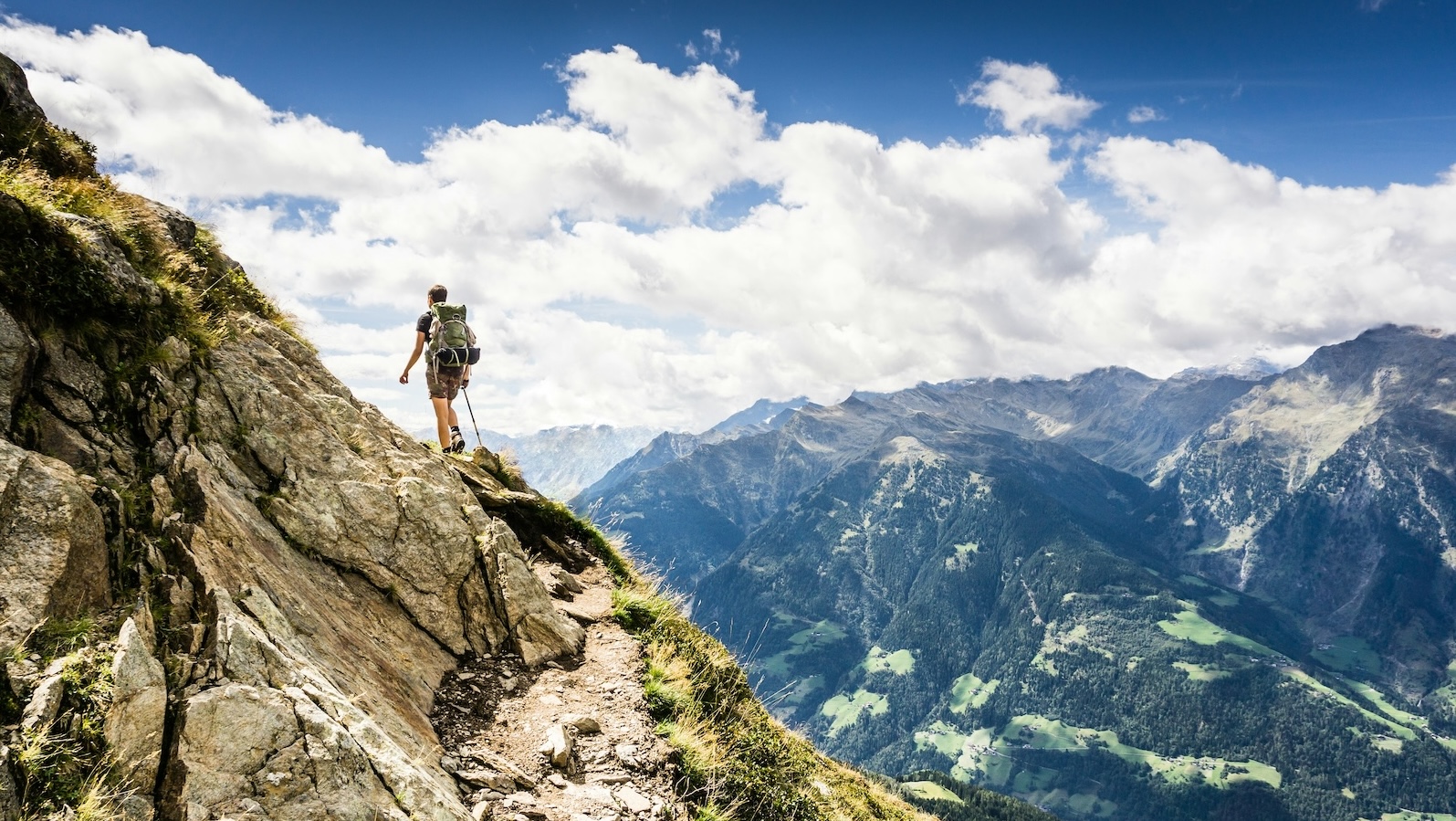
Navigating the new normal: How nature keeps us grounded in a world turned upside down
Since the 1980's, when Rachel and Stephen Kaplan published their groundbreaking book The Experience of Nature: A Psychological Perspective, we’ve known that spending time in natural surroundings has all manner of benefits for our psychological and emotional wellbeing.
The devastating spread of the coronavirus over the last few weeks has left millions of people suddenly fearing for their jobs and livelihoods. Companies teeter on the edge of bankruptcy and mass layoffs have thrown employees into a state of panic about how they’re going to make it through this crisis and still be able to put food on the table. And to make matters worse, with shelter-in-place orders locking down parts of the country, many of us now find our involvement with the outside world limited to a small number of “essential activities.”
Alongside grocery shopping and obtaining medical supplies, some local authorities are listing hiking as one such activity – and rightly so. It may seem insensitive, even tone deaf to say this, but at this moment of chaos and uncertainty, getting out into nature is more essential than ever.
Since the 1980s, when Rachel and Stephen Kaplan published their groundbreaking book The Experience of Nature: A Psychological Perspective, we’ve known that spending time in natural surroundings has all manner of benefits for our psychological and emotional wellbeing. It can improve our attention span, concentration and memory; it can enhance our creativity and problem-solving skills, reduce stress and anxiety, and even increase our capacity for empathy. Recent research has shown that it can also mitigate risk factors for depression and other forms of mental illness.
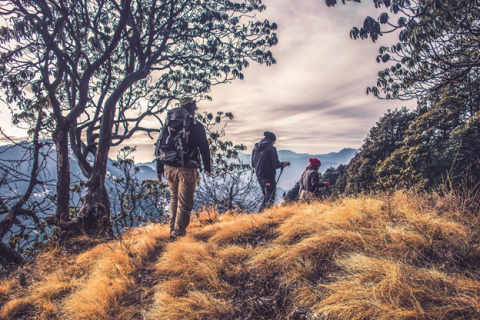
We are part of nature. We tend to forget that, even at the best of times. With much of the public conversation rightly focused on the race to be able to immunize ourselves against the virus, re-establishing our link with the outdoors may be the best tool we have to inoculate ourselves against the anxiety and isolation that have suddenly become the new normal as a result of it.
Simply being outside, breathing fresh air (in many places now much fresher than we’re used to), absorbing whatever vitamin D we can get and immersing ourselves in green spaces provides respite for “tired, nerve-shaken, over-civilized people” (John Muir’s words) worn down by constant checking of social media and being blasted from all sides with apocalyptic news, not to mention screen-based, hastily assembled home working conditions, with the added stress of family and other distractions demanding a new level of multi-tasking.
Just as importantly, spending time on hiking trails or in parks or whatever other green spaces we can find allows us to fulfill our responsibility to keep a ‘social distance’ while at the same time being around other humans. One of the most basic human needs is to feel a sense of belonging – connectedness to a wider world. Studies show that getting outdoors allows us to find a sense of togetherness in isolation, to rekindle a feeling of solidarity and community that is essential to our mental health.
The National Park Service is now rightly (and belatedly) closing its visitor centers, museums, campgrounds and other park facilities to prevent the spread of the virus, but most public lands and trails themselves remain open – and by all accounts, they’ve been inundated with visitors over the last couple of weeks. Parks, too – at least where I live – seem much livelier than they were a week ago. With gyms closed, more people seem to be out walking, cycling and running. If it’s possible to envisage one positive outcome to this crisis, it might be that some of those people come to realize what science has already shown us, which is that working out in natural environments helps to reduce stress and anxiety much more than going to a gym. And maybe as a result, in the future as a nation we will care more about protecting our green spaces and ensuring that we have access to them.
Whether it’s a walk through your neighborhood or a hike among the redwoods, nature can help restore balance in our lives, providing little moments of calm to keep us grounded in a world turned on its head. For those of us lucky enough to have wilderness on our doorstep, immersion in the awesomeness of wild and ancient landscapes can help us keep things in perspective and orient ourselves in our new reality. All of these are things we’re going to need over the coming weeks and months as this crisis continues to unfold.
Photo via Piqsels, no author listed, Creative Commons Zero – CC0
This blog was originally posted on https://frontiergroup.org/
Topics
Authors
James Horrox
Policy Analyst, Frontier Group
James Horrox is a policy analyst at Frontier Group, based in Los Angeles. He holds a BA and PhD in politics and has taught at Manchester University, the University of Salford and the Open University in his native UK. He has worked as a freelance academic editor for more than a decade, and before joining Frontier Group in 2019 he spent two years as a prospect researcher in the Public Interest Network's LA office. His writing has been published in various media outlets, books, journals and reference works.
Find Out More
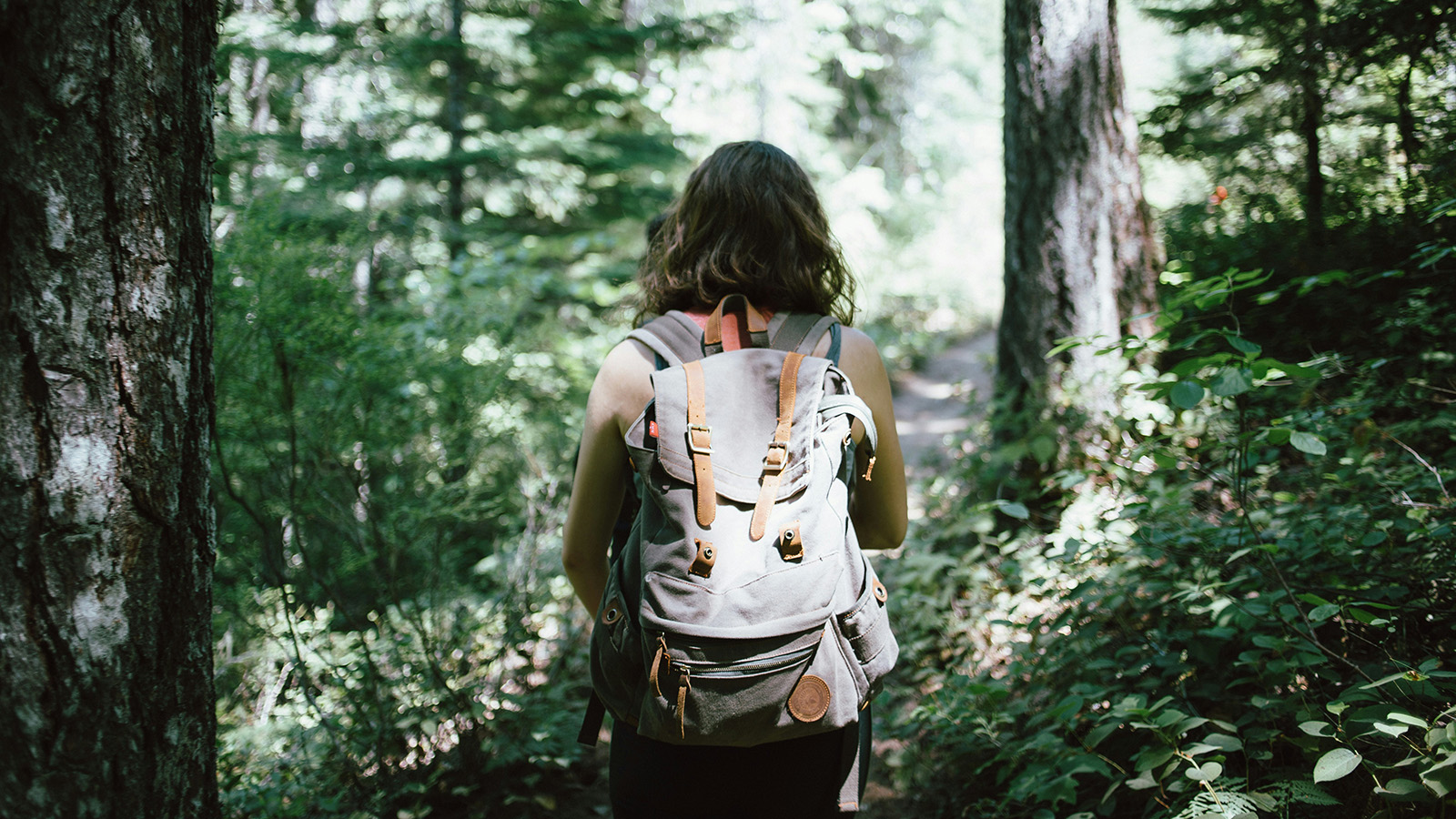
What kind of planet protector are you?
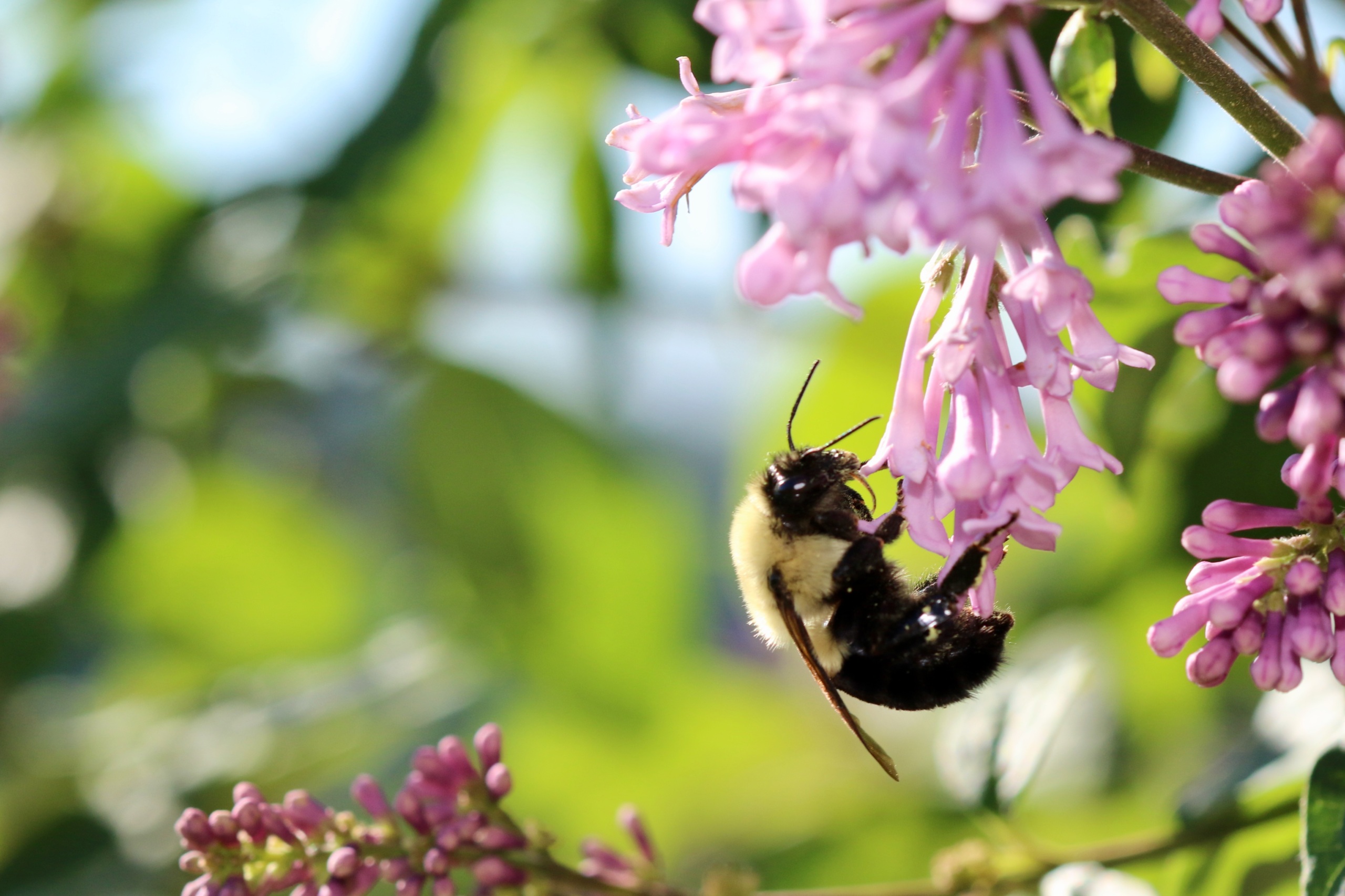
Why we should save the bees, especially the wild bees who need our help most
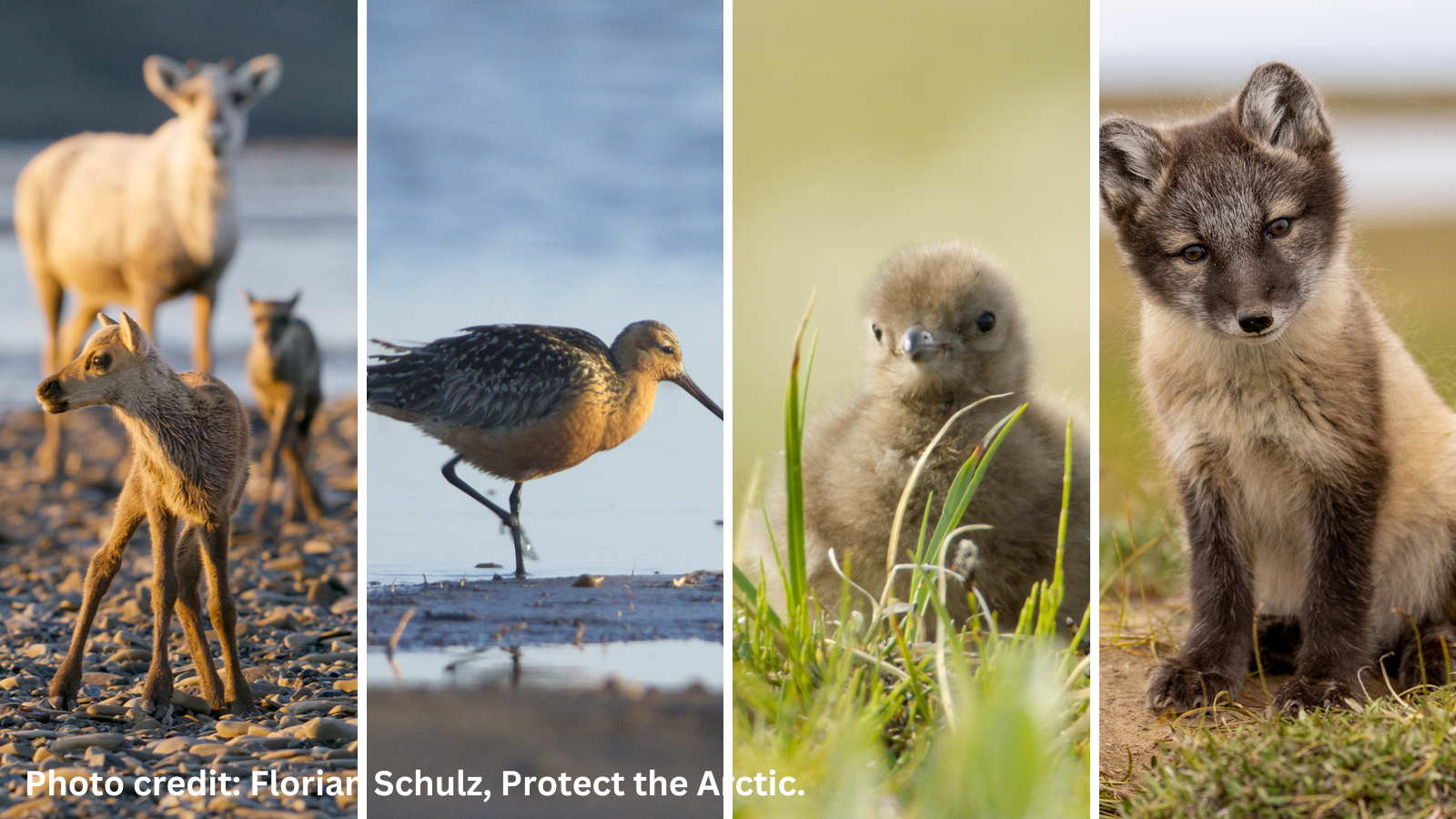
Why Alaska’s NPR-A, site of the Willow Project, deserves protection
